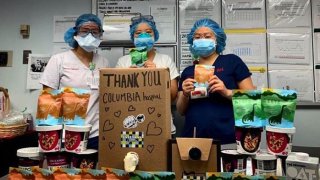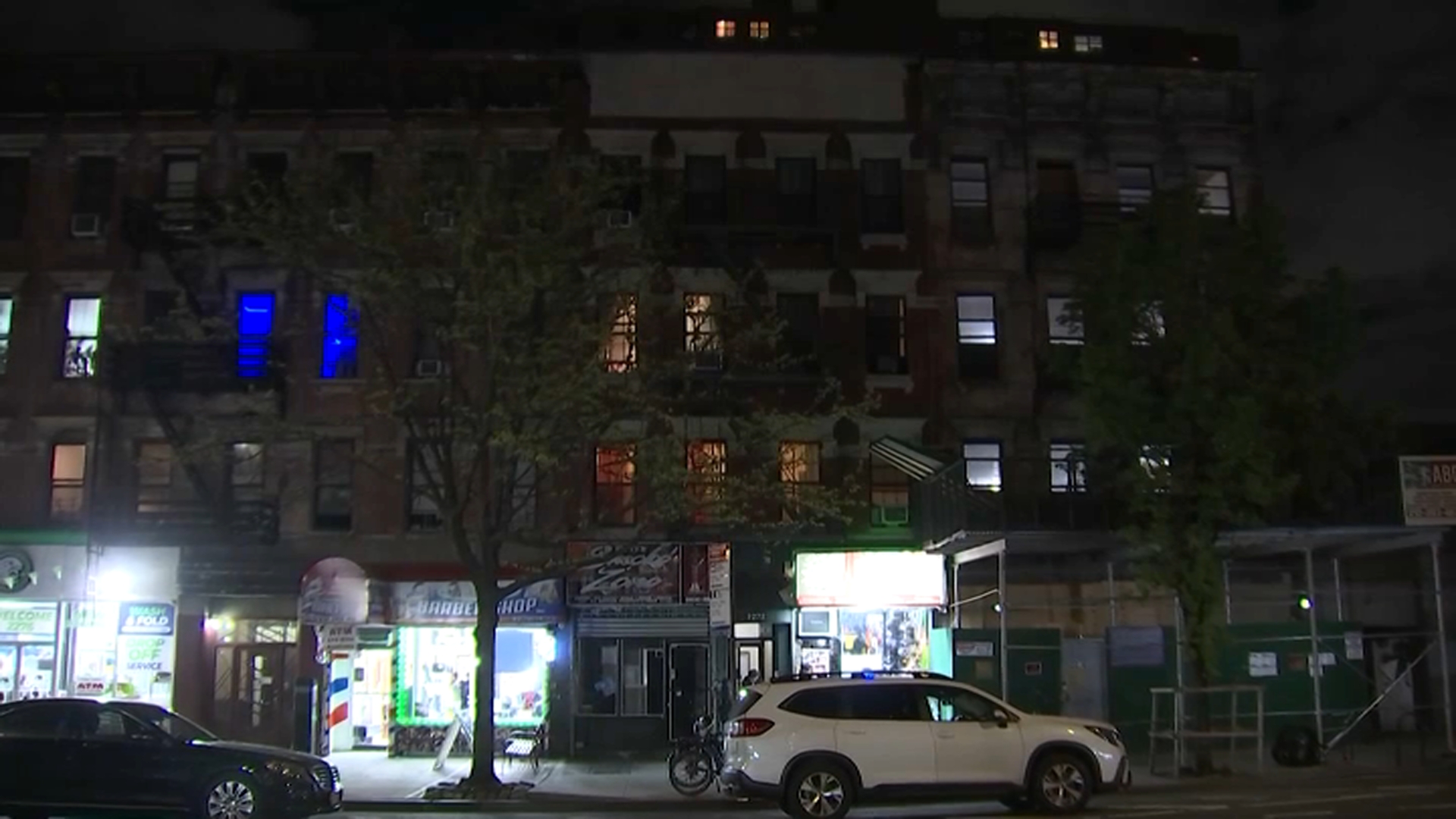
Brewing a fresh pot goes a long way for New York coffee businesses during the coronavirus, sustaining not only their employees but also their clientele and essential workers seeking a little fuel to keep going.
In New York City, one coffee shop launched its own initiative to help in the fight against COVID-19. At the end of March, Everyman Espresso owner Sam Penix — who has run three local shops for thirteen years — created Fuel Frontlines.
While not an official charitable organization, this project allows anyone to purchase hot or iced coffee and café snacks online to be delivered to essential workers. For those who wish to pay it forward, there is a variety of purchasing options: from a 94-ounce box that can provide drinks for 15 people, to the largest selection that can serve 600 people. Pricing ranges anywhere from $25 to $1,000.
To date, Fuel Frontlines has delivered more than 4,000 cups of coffee, with a priority on healthcare facilities, such as Bellevue Hospital, Mount Sinai, Woodhull Medical Center, King’s County Hospital, Central Park’s Field Hospital and more. As the idea continues to expand, Penix connects with other essential businesses, such as drug stores and pizza places, to make sure these frontline members are not forgotten in the process.
Get Tri-state area news and weather forecasts to your inbox. Sign up for NBC New York newsletters.
As the daily routine varies, Penix will generally review orders the night before and reach out to truck delivery partner, Odeko. On the morning of delivery, he and his teammate arrive about 2 hours before drop-off to brew the pots. Depending on order size, Penix may deliver the boxes by scooter.
For Everyman Espresso, the goal is supporting the supply chain and trying to keep employees afloat during these tough times, no matter if it's his personal shops or the vendors he uses, Penix said in an interview with NBC New York. “My primary focus is making sure that I can support someone who’s able to safely work by paying them for labor,” he said.
He has partnered with other companies, such as Buunni Coffee in Inwood, to help balance distanced orders. “We work together to share the load. If she can make the coffee and I can deliver, I’ll pay her for brewing,” says Penix, adding that this method saves usable coffee that would otherwise go to waste.
Local
With the positive feedback from hospitals, Penix says it's important to listen to their needs. A common response he's heard is how grateful the workers are for other deliveries, like pizza, but they're also looking for other on-the-go, nutritious options.
“Of course, you can live without coffee, but how long can you really go for 13-hour shifts all night with twice the work and half the colleagues?” asks Penix.
Moving past the city boundary, other shops have taken similar initiatives, such as Waterbean Coffee in North Carolina. Located in Swartz, Michigan, Fireside Coffee Company even has a “Get a Bag, Give a Bag” sale on their roast, donating one bag to those fighting the pandemic for every purchase.



